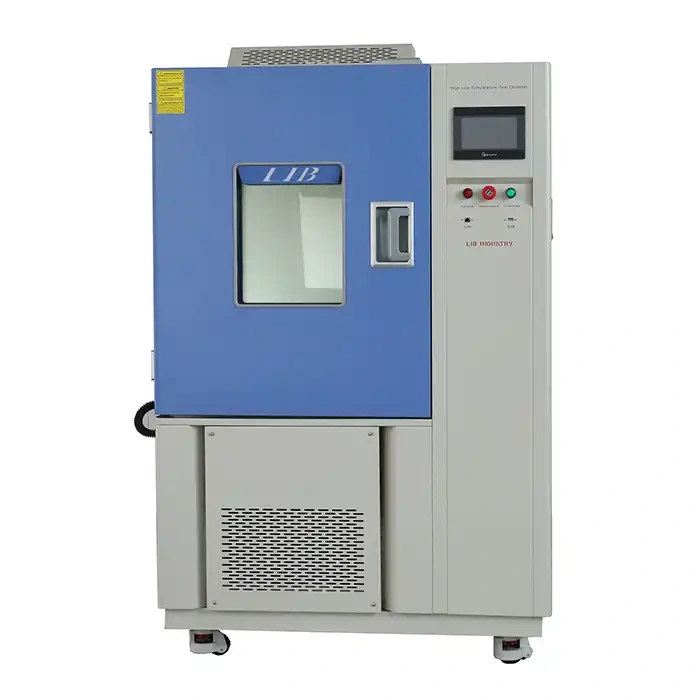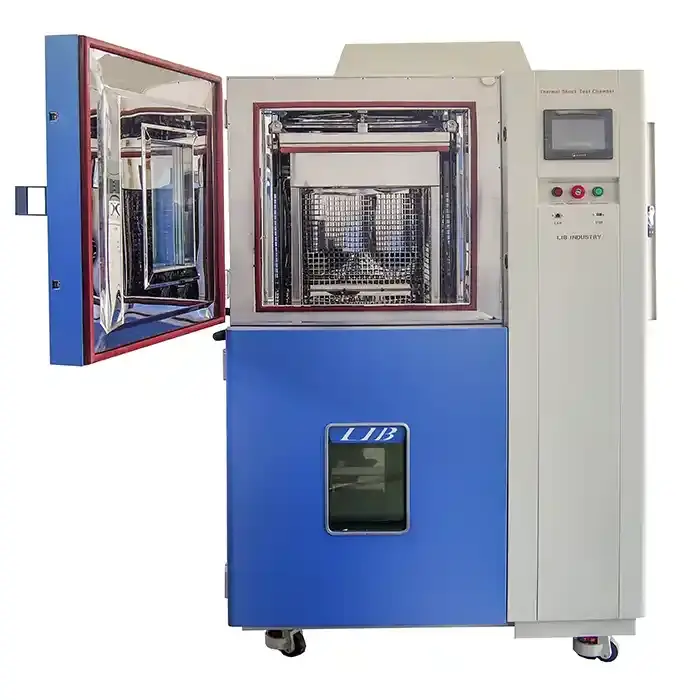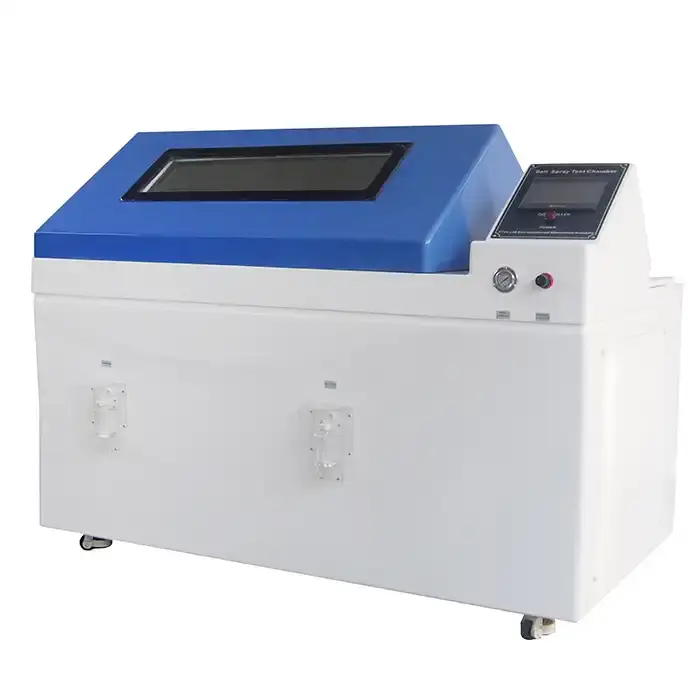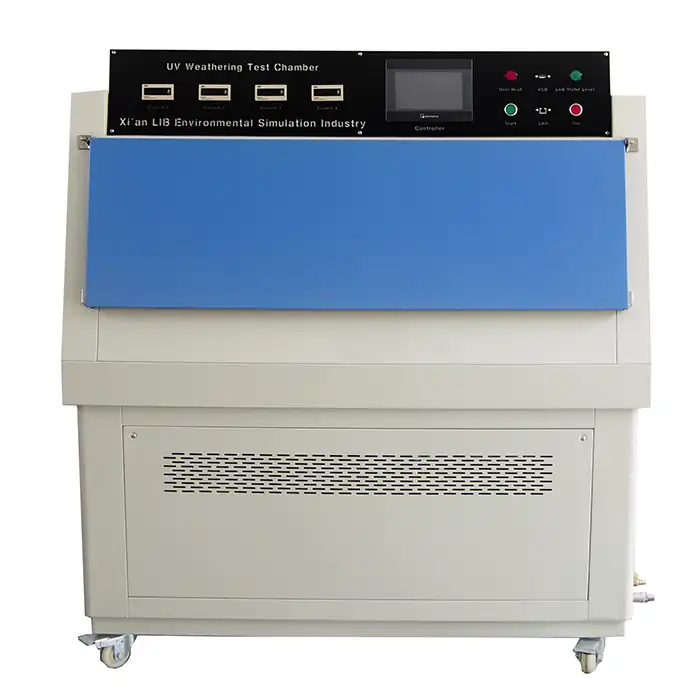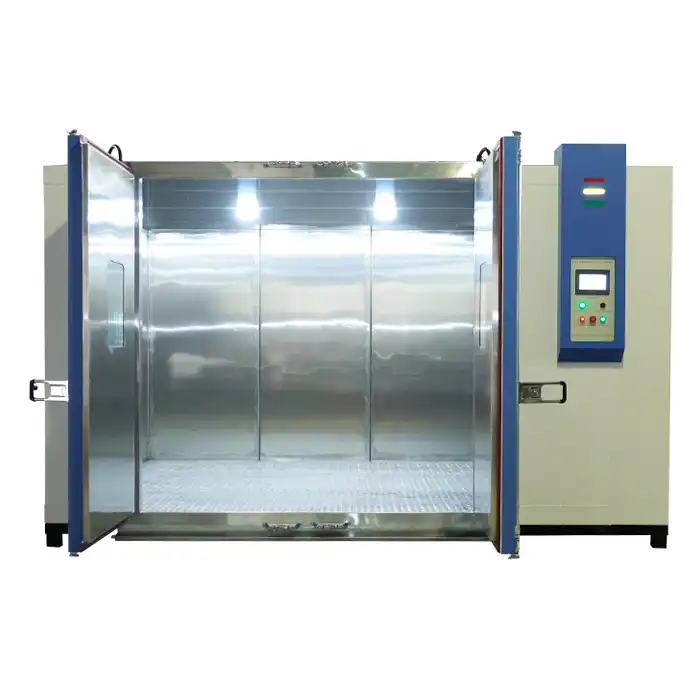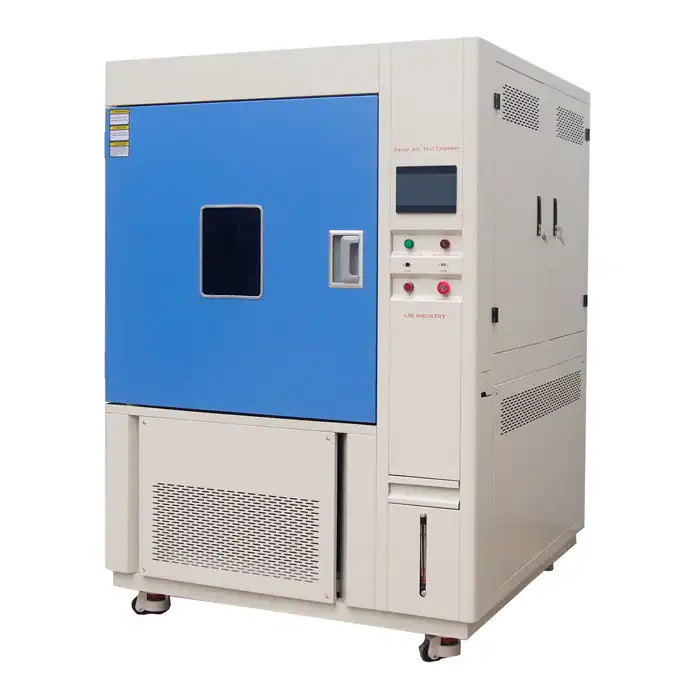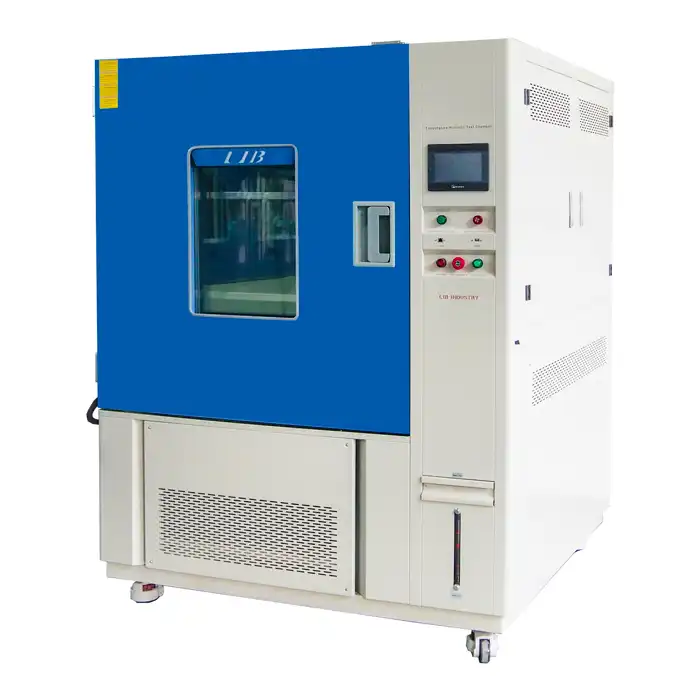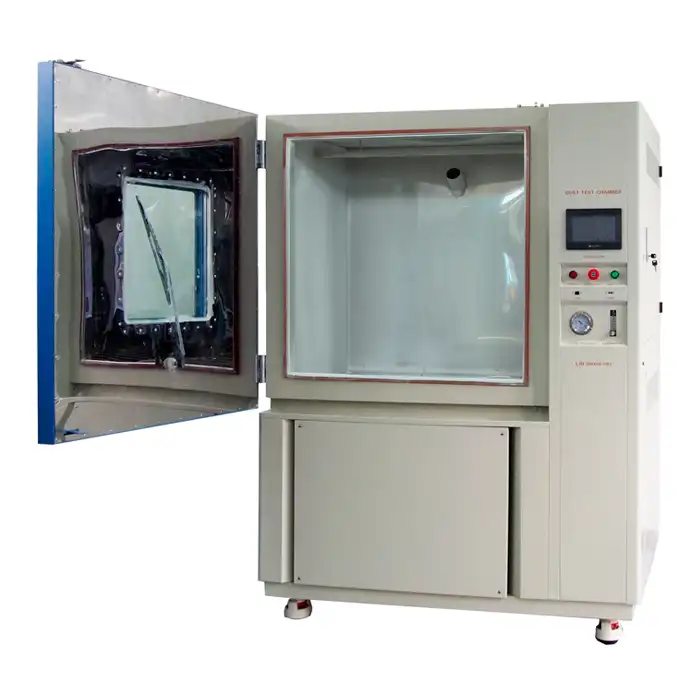Real-World Applications: How Electronics Industries Use Corrosion Test Chambers?
Electronics manufacturers face a constant battle against corrosion, which can compromise the performance and lifespan of devices. Corrosion test chambers help companies simulate harsh environments, ensuring product durability and reliability. This article explores how the electronics industry benefits from these testing chambers and why they are essential for product development.
Understanding Corrosion and Its Impact on Electronics
Corrosion is a natural process that occurs when metals and other materials degrade due to environmental exposure. In the electronics industry, corrosion can cause circuit board malfunctions, connector failures, and reduced conductivity. The presence of humidity, salt, and industrial pollutants accelerates this degradation, leading to costly product recalls and failures. To combat this issue, manufacturers rely on controlled testing environments to evaluate material resistance and enhance product longevity.
The Role of Corrosion Test Chambers in Electronics Development
Corrosion test chambers simulate real-world conditions, allowing manufacturers to assess how electronic components perform under extreme environments. These chambers replicate factors like salt spray, humidity, and temperature fluctuations to identify weak points in a product’s design. By conducting accelerated aging tests, companies can improve material selection, optimize coatings, and ensure compliance with industry standards. This proactive approach helps electronics manufacturers deliver high-quality, corrosion-resistant products to global markets.
Types of Corrosion Tests Conducted in Chambers
Various corrosion tests help electronics manufacturers evaluate product durability under different environmental conditions:
- Salt Spray Test: Exposes components to a fine mist of saltwater to assess their resistance to rust and oxidation.
- Humidity Test: Measures how prolonged exposure to high humidity affects electrical performance and structural integrity.
- Electrochemical Corrosion Testing: Evaluates metal corrosion rates under different voltage and current conditions.
- Mixed Gas Corrosion Test: Simulates industrial atmospheres by exposing components to gases like SO₂, NO₂, and H₂S.
- Cyclic Corrosion Testing (CCT): Combines multiple test conditions, such as salt spray, drying, and humidity, to mimic real-world environments more accurately.
Corrosion Testing Using a Corrosion Test Chamber
One practical example of corrosion testing in electronics field using a corrosion test chamber is evaluating printed circuit boards (PCBs). In a 72-hour salt spray test, PCBs are subjected to a 5% NaCl solution at 35°C to simulate exposure to road salt and moisture. The test results help engineers identify weak solder joints and protective coating failures. After testing, microscopic analysis reveals corrosion spots, allowing manufacturers to enhance protective layers and improve reliability. This process ensures that electronics remain functional even in harsh environmental conditions.
Case Studies: Success Stories from the Electronics Industry
A leading electronics manufacturer implemented a corrosion test chamber to evaluate the long-term performance of their products in environments with high humidity and salt exposure. After conducting over 500 test cycles, the company observed a 30% reduction in corrosion-related failures, significantly improving the lifespan of their products. By simulating real-world conditions, the corrosion test chamber helped the company identify weak points in their designs, leading to a 25% increase in customer satisfaction due to enhanced product quality and longevity. This approach not only reduced warranty claims but also bolstered the company's reputation for high-quality, reliable electronics.
Corrosion test chambers are essential for the electronics industry, helping manufacturers identify potential failures before products reach the market. Investing in reliable testing solutions ensures durability, compliance, and customer satisfaction. LIB Industry provides high-quality corrosion test chambers tailored to your specific needs. Contact us today at ellen@lib-industry.com to learn more about our solutions.
References
1. ASTM B117 - Standard Practice for Operating Salt Spray (Fog) Apparatus.
2. IPC J-STD-001 - Requirements for Soldered Electrical and Electronic Assemblies.
3. ISO 9227 - Corrosion Tests in Artificial Atmospheres - Salt Spray Tests.
4. IEC 60068-2-11 - Environmental Testing - Test Ka: Salt Mist.



